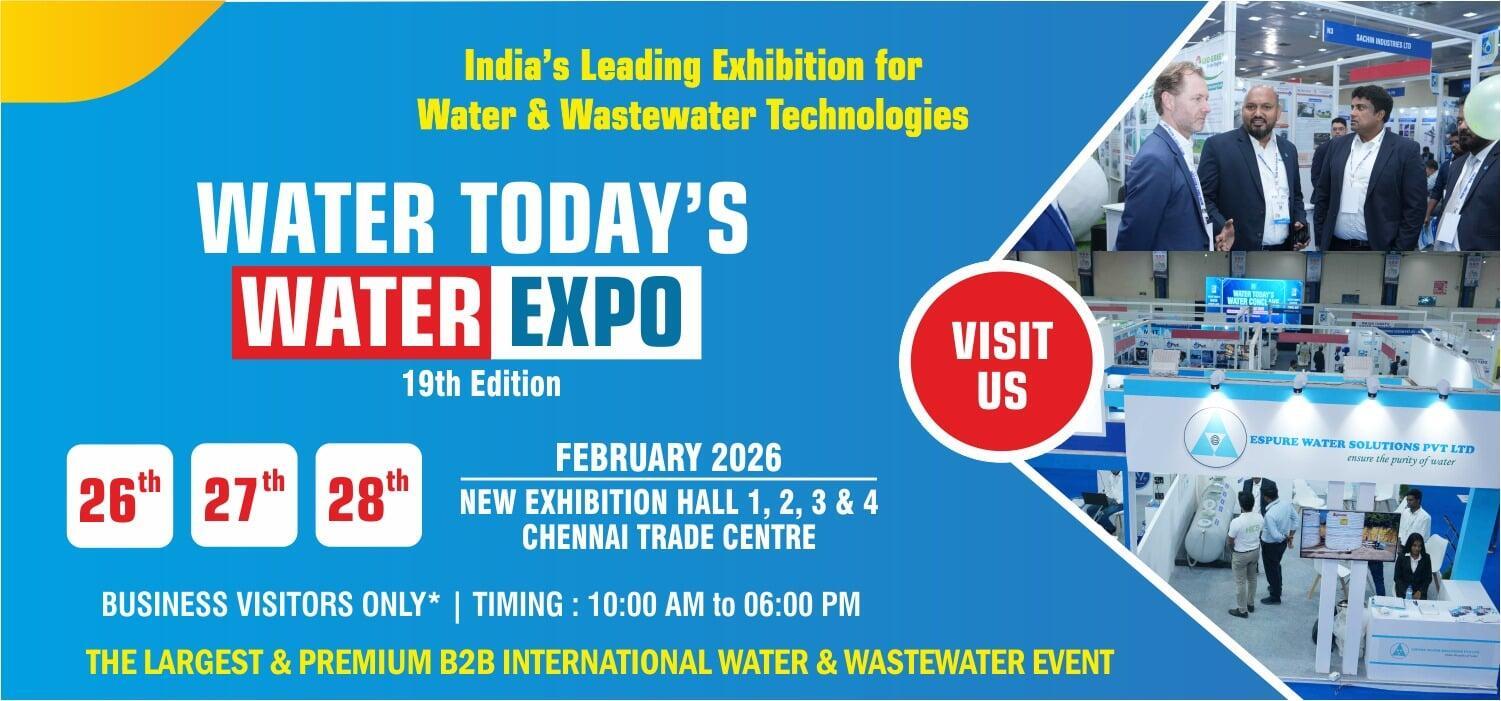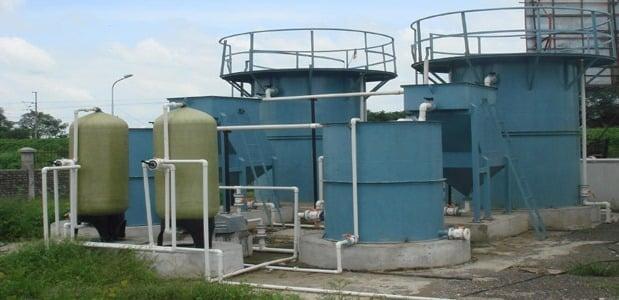In today’s competitive industrial landscape, sustainability is no longer a choice—it’s a necessity. Whether you run a textile unit, a tannery, a food processing plant, or an automobile component workshop, how you manage your wastewater directly affects your compliance, reputation, and long-term costs.
Many small and midsize industries still believe that an Effluent Treatment Plant (ETP) is only for large factories. The truth is, every industry that discharges wastewater is legally required to treat it before disposal or reuse. Beyond compliance, having an ETP is a smart investment in operational efficiency, brand credibility, and environmental responsibility.
Meeting Legal and Regulatory Requirements
Meeting Legal and Regulatory Requirements
Every industry in India must comply with the Water (Prevention and Control of Pollution) Act, 1974. Pollution Control Boards at the state and central levels mandate that industries must treat wastewater before releasing it into the environment.
Without a functional ETP:
- You risk losing your Consent to Operate (CTO) or Consent to Establish (CTE).
- You could face penalties, shutdown orders, and even legal prosecution.
Installing an ETP ensures you stay compliant and operate without disruptions.
Protecting the Environment and Community
Protecting the Environment and Community
Untreated effluent can contaminate water bodies, degrade soil quality, and harm aquatic and human life. Even small discharges from SMEs can have a large cumulative impact.
By treating wastewater, industries:
- Prevent contamination of nearby water sources
- Contribute to cleaner industrial zones and healthier communities
- Build a reputation as responsible environmental stewards
Reducing Costs through Water Reuse
Reducing Costs through Water Reuse
A well-designed ETP does more than remove contaminants — it helps you recover and reuse treated water.
- Recycling treated water for cooling, gardening, or non-critical operations reduces freshwater dependency.
- Energy-efficient ETP systems lower power consumption.
- The reduction in water bills and waste disposal costs means faster return on investment (ROI).
Modern systems like membrane bioreactors (MBR), moving bed biofilm reactors (MBBR), and advanced oxidation processes (AOP) make treatment efficient and compact.
Affordable and Scalable Solutions for SMEs
Affordable and Scalable Solutions for SMEs
The misconception that ETPs are costly is outdated. Technology providers today offer modular, plug-and-play ETPs tailored for small and midsize facilities.
Alternatives include:
- Compact ETP systems for individual industries
- Common Effluent Treatment Plants (CETPs) for clusters in industrial estates
- O&M outsourcing to specialized service providers for hassle-free operation
These models allow SMEs to meet standards without high capital or maintenance costs.
Enhancing Brand Value and Market Opportunities
Enhancing Brand Value and Market Opportunities
Global buyers and corporate clients increasingly demand eco-compliant supply chains.
Having an ETP:
- Improves your brand image as a green manufacturer
- Opens doors to export opportunities and sustainability certifications
- Qualifies you for government incentives promoting cleaner production
In short, a functional ETP gives you a competitive edge in an eco-conscious marketplace.
Explore Practical ETP Solutions at Water Expo Chennai 2026
Explore Practical ETP Solutions at Water Expo Chennai 2026
If you’re looking for the right ETP solution for your small or midsize industry, the 19th Water Expo Chennai, happening from 26–28 February 2026 at the Chennai Trade Centre, is the place to be.
The show brings together leading manufacturers, technology providers, and consultants offering advanced wastewater treatment and recycling solutions tailored for every industry segment—from textiles and tanneries to food processing, pharmaceuticals, and automotive.
Visiting Water Expo Chennai 2026 will give you firsthand insights into cutting-edge ETP technologies, opportunities to network with experts, and explore cost-effective options that meet your regulatory and operational needs.
Conclusion:
Conclusion:
Effluent Treatment Plants are no longer optional — they are an integral part of responsible and sustainable industrial operations. For small and midsize industries, an ETP ensures compliance, lowers costs, enables water reuse, and builds long-term credibility with customers and regulators alike.


